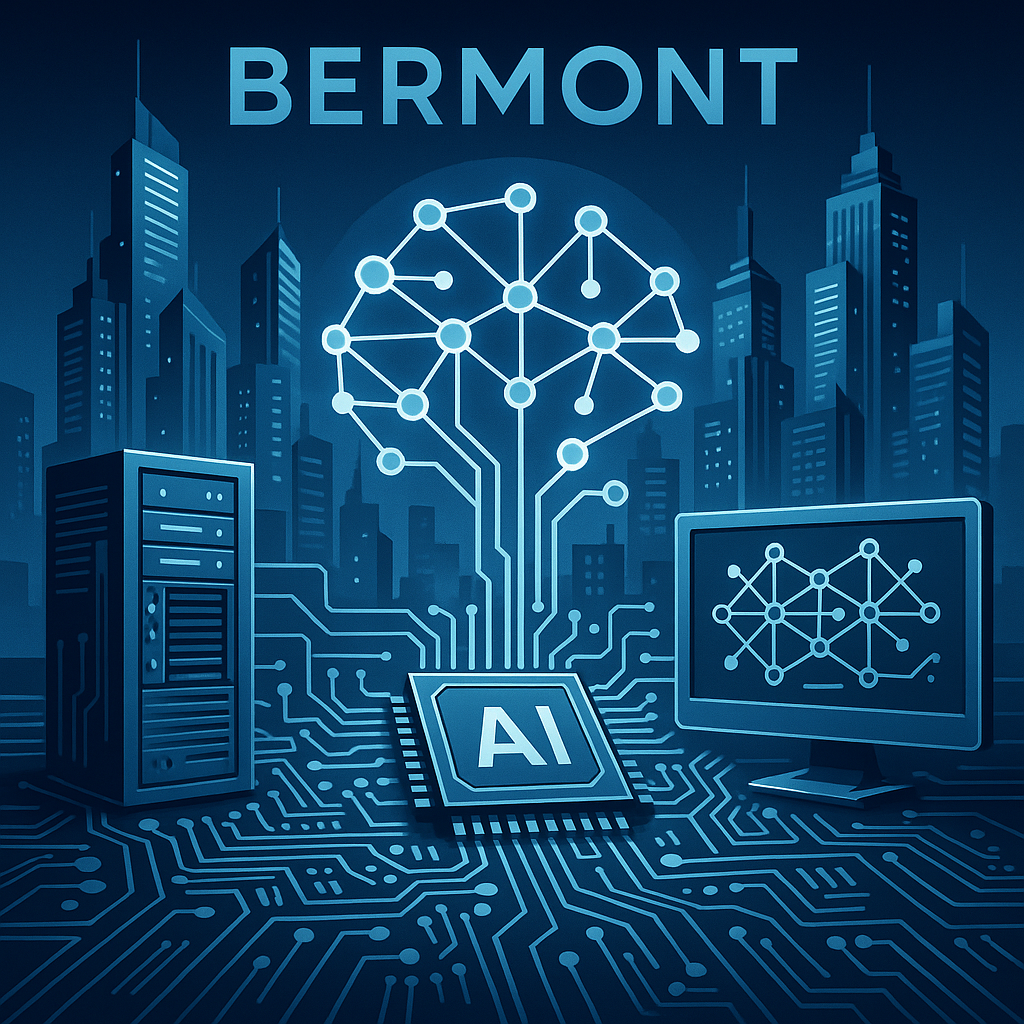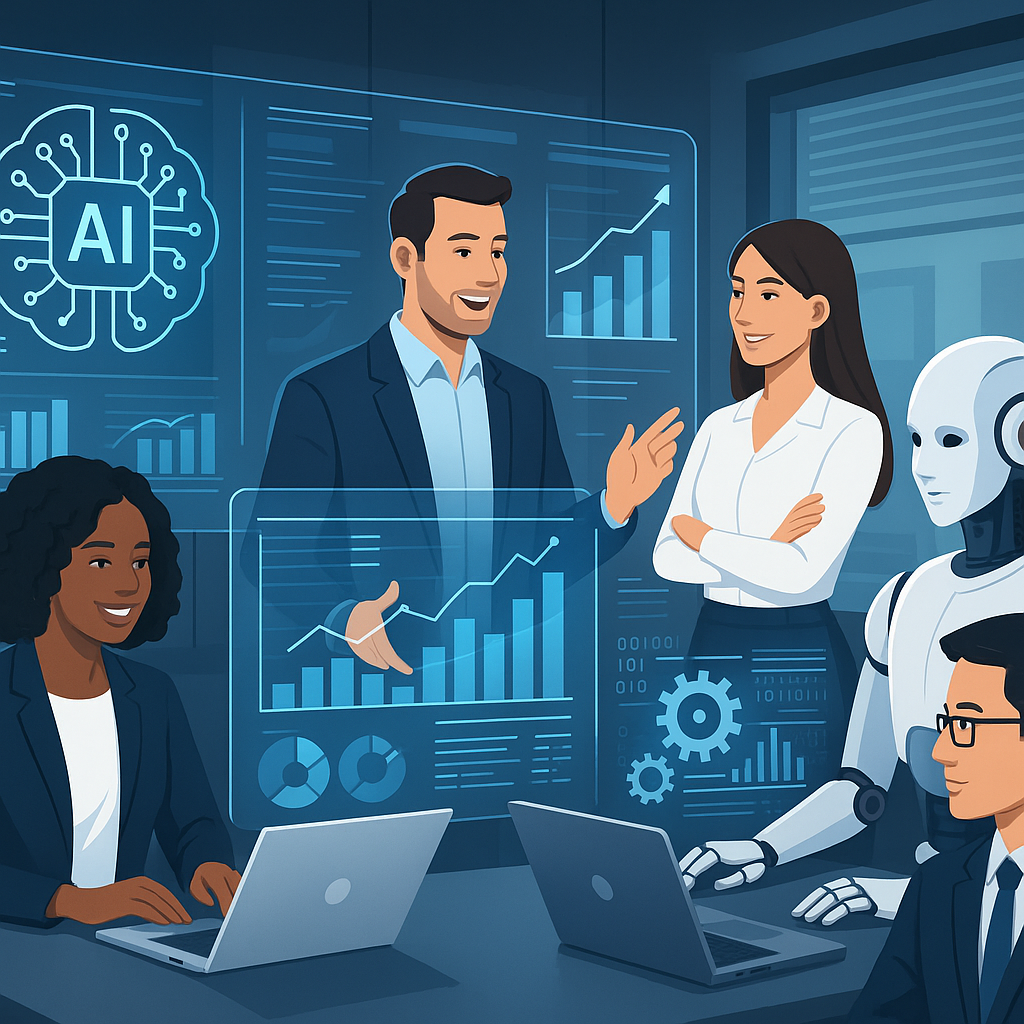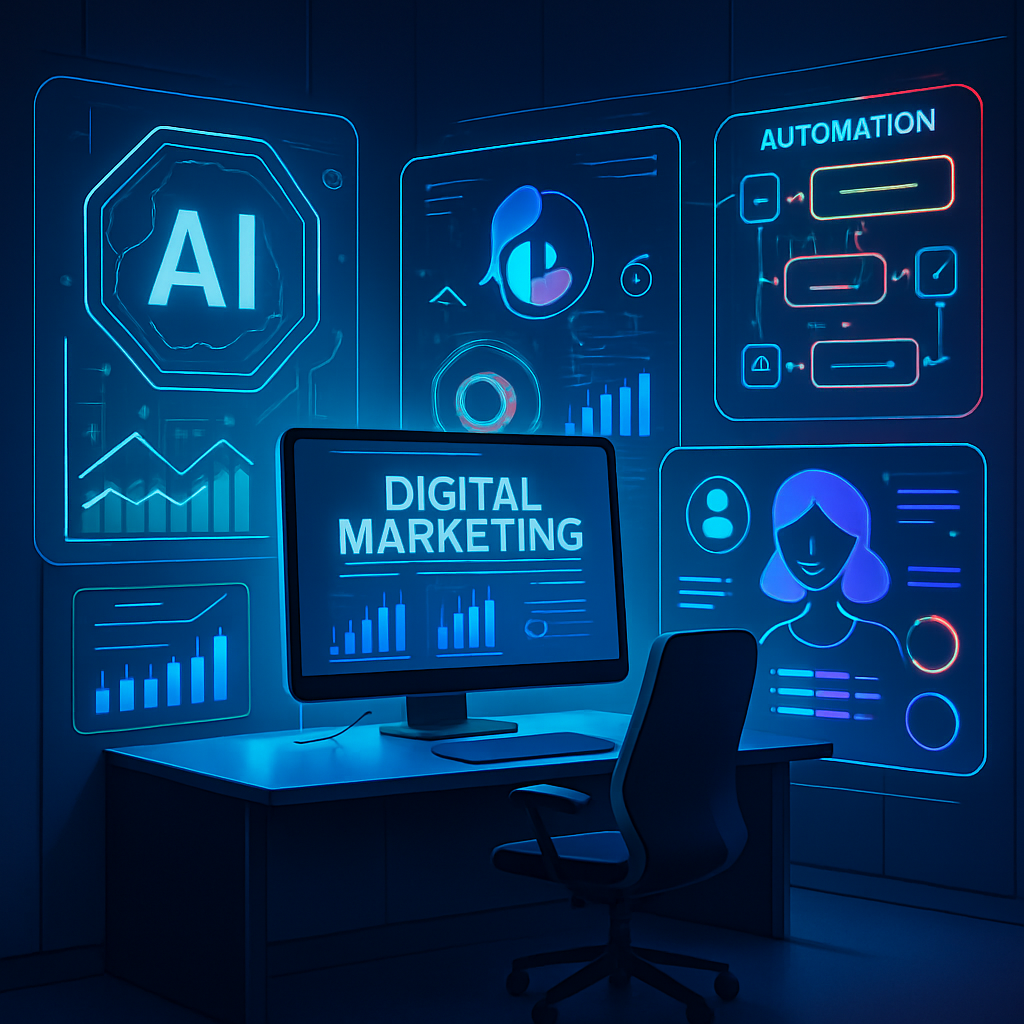Harnessing AI to Drive Digital Transformation in Business and Computer Science
The Dawn of AI-Driven Digital Transformation
In 2025, artificial intelligence (AI) stands at the forefront of digital transformation, reshaping both business landscapes and the very discipline of computer science. Companies across sectors are leveraging AI not just as a tool, but as a strategic partner in innovation, efficiency, and competitive differentiation. Simultaneously, computer science is evolving rapidly, propelled by AI’s expansive capabilities.
Using Artificial Intelligence in Business: Beyond Automation
Traditional automation has been augmented by intelligent systems capable of learning, reasoning, and adapting. Businesses now employ AI to enrich decision-making processes, personalize customer experiences, and uncover hidden patterns in vast datasets.
Case Study: Intelligent Demand Forecasting
A global retail company integrated AI-powered demand forecasting that factored in real-time social media trends, seasonal events, and supply chain disruptions. This adaptive model improved inventory accuracy by 30%, reducing waste and increasing store availability.
AI in Operational Optimization
Manufacturing giants deploy AI-driven computer vision to monitor assembly lines, detecting defects early, and optimizing maintenance schedules. This predictive maintenance paradigm minimizes downtime while extending equipment life.
Interplay of Computer Science and Artificial Intelligence
The synergy between computer science and AI has birthed innovative algorithms, architectures, and programming paradigms facilitating complex problem-solving. The rise of AI-centric disciplines within computer science reflects this integration.
Advances in AI Architectures
Emerging architectures combine classical computing with neuromorphic and quantum-inspired processors, enabling exponential gains in processing speed and energy efficiency. These advancements broaden AI’s applicability to real-world, compute-intensive problems.
Ethical AI and Computer Science
Leadership in computer science now includes designing AI frameworks that prioritize fairness, transparency, and privacy. This ensures AI-driven transformation adheres not just to technological goals but to societal values.
Digital Transformation Powered by Artificial Intelligence
Digital transformation encompasses integrating digital technology into all areas of business, changing how organizations operate and deliver value. AI plays a pivotal role by enabling hyper-personalization, intelligent automation, and dynamic analytics.
Personalization at Scale
AI algorithms analyze customer data to tailor product recommendations, marketing messages, and user interfaces in real time. For example, streaming services curate unique content libraries for each user, increasing engagement and retention.
AI-Augmented Decision Making
Businesses utilize AI to simulate scenarios and predict outcomes, assisting leadership in crafting agile strategies. Financial services firms, for example, leverage AI models to evaluate credit risk more accurately, facilitating more inclusive lending.
Challenges in Adoption
Despite AI’s promise, integrating AI into legacy systems and workforce dynamics presents challenges. Successful digital transformation requires cross-functional teams, robust data governance, and continuous learning frameworks.
Looking Ahead: The Converging Future of AI, Business, and Computer Science
The intersection of AI, business innovation, and computer science research heralds unparalleled opportunities. From creating adaptive supply chains to designing AI algorithms that self-improve with minimal human input, the horizon is vast.
Innovative enterprises that embrace AI as a core component of their digital transformation will not only optimize current operations but also unlock new business models and markets. Concurrently, advances in computer science will fuel the next generation of AI breakthroughs, ensuring this transformative synergy continues to accelerate.
Conclusion
Artificial intelligence is reshaping the contours of digital transformation, intertwining deeply with both business practices and computer science foundations. By moving beyond mere automation toward intelligent, adaptive systems, AI is revolutionizing how businesses compete and innovate in 2025 and beyond. The collaborative evolution of AI and computer science promises a future where digital transformation is not only inevitable but also infinitely impactful.







